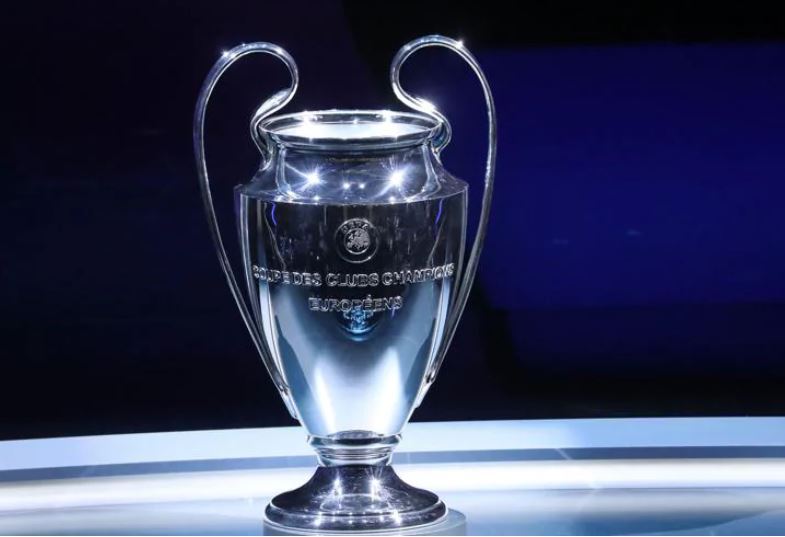UEFA does not want Champions League games to match the World Cup with double-digit minutes of stoppage time that its top soccer official called “absolutely absurd” on Wednesday.
Adding so many extra minutes over a full season is bad for players’ health, UEFA Chief of Football Zvonimir Boban said.
“Player welfare is really some kind of small tragedy,” Boban, a former AC Milan and Croatia star midfielder, said at a UEFA briefing on refereeing issues on the eve of the Champions League group-stage draw.
FIFA pushed referees at the men’s and women’s World Cups in the past nine months to let the game clock routinely run from the regulation 90 minutes to 100-plus in the second half. FIFA wanted all goal celebrations, substitutions, injuries and suspected time-wasting taken into account.
The policy has been backed by FIFA president Gianni Infantino, who said it gave fans better value for money amid concern the ball was in active play for as few as 50 to 55 minutes at many games.
Soccer’s rules-making panel, known as IFAB, also wants domestic competitions worldwide to follow the FIFA lead on added time.
UEFA insisted on Wednesday that games in its marquee Champions League averaged 60 minutes, 7 seconds of “effective playing time” last season. That was about five minutes more than in each of Europe’s biggest domestic leagues, UEFA claimed.
“They are intense minutes [in the Champions League],” said Boban, who played in Milan’s 1994 title-winning team, arguing that adding “12, 13, 14” minutes to games could amount to 500 over a season — the equivalent of about five full extra games.
Boban has been the top advisor to UEFA on soccer-related matters since 2021 after having a similar role at FIFA working for Infantino. He had a short spell in Milan’s front office between working for the world and European soccer bodies.
In Champions League qualifying games Tuesday, referees added eight minutes for stoppages at the end of the second half in games at Galatasaray and Panathinaikos.
UEFA used its traditional season-opening meetings in Monaco to launch a recruitment campaign for referees to fill a shortfall of 40,000 across Europe.
Soccer from grass roots to professional levels has long had concerns about the levels of abuse — physical, verbal and on social media — that match officials have to endure.
UEFA chief refereeing officer Roberto Rosetti said he had felt scared for his 16-year-old nephew watching him referee a game.
“For sure we are short of referees now and we will be short of referees in the future,” said Rosetti.
The “Be A Referee” campaign aims to add to the 236,000 active referees across UEFA’s 55 national member federations. It said 276,000 referees are needed.



